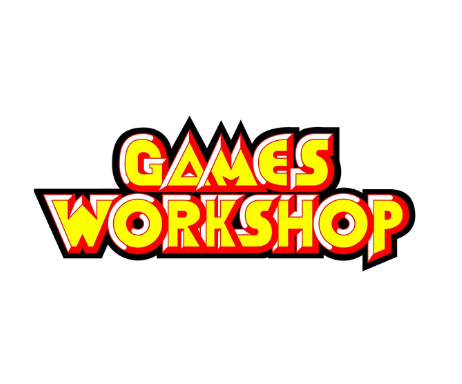Like the Skaven mounting an expedition across the scorched Dark Lands, Games Workshop Group PLC (LSE:GAW) is entering territory fraught with dangers.
Following two years of deliberations, the Warhammer 40,000 owner has formally granted Amazon.com Inc (NASDAQ:AMZN) exclusive rights to adapt its prized intellectual property into film and television content.
With the agreement, Games Workshop is putting its reputation – and 40 years of goodwill among loyal Warhammer fans – on the line.
Turning beloved, geeky franchises into mainstream content has had a mixed history, to say the least.
...
For Games Workshop, the stakes are ostensibly higher.
Since 1983, Warhammer enthusiasts have kept Games Workshop afloat by being loyal customers of its pricey figurines, some of which go for more than £100 each.
The company exists because of a tight-knit base of fans that risks being alienated if their hobby is not given the treatment it deserves in a big-budget adaptation.
...
At a deeper level, the licensing deal represents an evolution of Games Workshop as a company.
The partnership is the biggest step Games Workshop has taken to becoming as much a media licensing business as it is a seller of figurines.
While licensing already forms a part of Games Workshop’s income through video games and comic books, it only comprised around 5% of revenues in the last financial year.
Given the minimal cost base associated with licensing, licensing operating profit was closer to 13% of total operating profit.
Games Workshop has long held this IP close to its chest, endeavouring to gatekeep the Warhammer brand from having its appeal diluted.
This, Coatsworth told Proactive, is why the deal with Amazon has taken so long to get off the ground.
“It wants to be sure that any partners uphold the quality associated with the Games Workshop empire. Customers love its IP including Warhammer and they don’t want to see its appeal diluted by simple money-grabbing initiatives,” he said.
But if it goes to plan, there could be more licensing deals on the horizon.
...
Warhammer figurines aren’t cheap. At a 30 times price-to-earnings (PE) ratio on a £4.6 billion market capitalisation, there’s a case to be made that Games Workshop shares aren’t cheap either.
There could be even more price appreciation to come once FTSE 100 inclusion triggers passive investor purchases.
Nonetheless, one can’t help but wonder if, given the potential for licensing revenue growth, Games Workshop will attract takeover interest in due course.
A bid from all-consuming media goliath Walt Disney Co (NYSE:DIS, ETR:WDP) is certainly not out of the realm of possibility.
Though given the Mouse House’s comprehensive dismantling of the Star Wars extended universe, expect Warhammer fans to take up arms against the proposition.


Hey, so I don't play 40K, but have some leftist friends who enjoy it. This IP feels doomed. Is that just a dumb outsider's perspective? It just strikes me as precariously perched right now between satirizing fascism and becoming co-opted by actual fascists. If it gains popularity through the videogames and this streaming series, at best that might pull it further into a safe, apolitical direction for broad appeal. I dunno. What do actual fans think?
I've dipped in and out since the early years and the whole fascism thing is a tricky beast to handle. Space marines aren't an issue when it's a war game where they are terrifying, transhuman monsters on a battlefield with equally outlandish opponents. The problem comes when you want to expand the lore, especially through novels and comics, when they have to become the protagonists and, eventually, heroes. There are ways to write about them but you'd need to do it from the perspective of more baseline humanity and the aliens they oppress. Unfortunately, that doesn't really lend itself to hundreds of novels about their heroic activities.
The sad thing is that the key WH40k inspiration did this better. In later Dune novels Frank Herbert reacted strongly against the idea a lot of people had, that Paul Atreides was a hero (as we'll probably see in the third film). Elric also walked that line by having him reject the ways of his people. Perhaps more relevantly, Nemesis the Warlock is told exclusively from the perspective of the alien freedom fighters (later joined by some humans) who are trying to fight the crusade launched against them by human zealots.
Ultimately, the Facism Problem may save GW, as it could put investors off as there is no real way to unfuck things now without burning it all down to the ground and starting again, which would be far more sweeping than anything Disney did to Star Wars.
Great analysis and write up. Thank you! I'm curious to see where this franchise goes. I'm sure they're hoping the media expansions blow up like D&D has and it's interesting to think the riskiness of the material simply won't allow it to go mainstream.